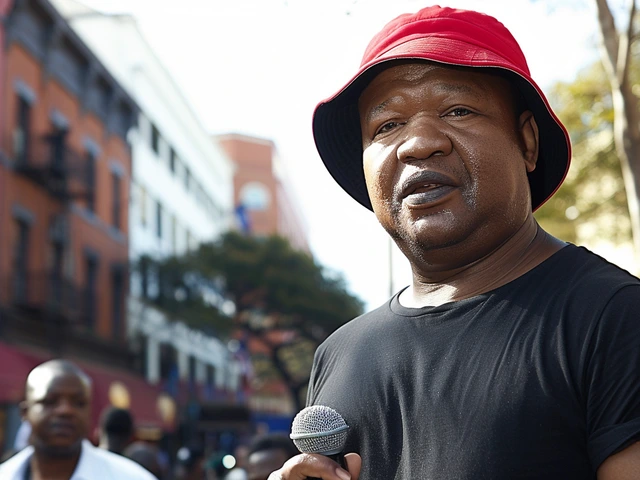Labour party victory: what a win means and what to watch
When a Labour party victory lands, the days that follow matter more than the headlines. You’ll see a rush of appointments, quick policy signals and a tight focus on the first 100 days. If you want to know how this affects everyday life, business or relations with African countries, here’s a clear, practical guide to the next steps and the real things to watch.
Immediate actions and the first 100 days
After the result is confirmed, expect three fast moves: a new prime minister or leader to be confirmed, a reshuffle to name top ministers, and an early policy agenda. Watch for a cabinet list — that shows priorities. The new government will often publish a short program or set of promises to pass quickly. Look for announcements on budgets, emergency bills, or executive orders that affect taxes, public services and investment.
Want signs of real change? Track any fresh spending plans, major regulatory shifts, and the appointment of finance and trade ministers. Those names tell you whether the government will focus on growth, regulation or public services.
Policy areas that matter most
Economic policy: Labour wins often mean promises on jobs, public spending and industry support. If you follow markets or local businesses, watch tax changes, business support schemes, and trade talks. These move fast and shape investor confidence.
Foreign policy and Africa: A Labour government can change how the UK works with African states. Look for shifts in aid budgets, trade agreements, and visa rules. Watch announcements about trade missions, climate finance or development partnerships — those indicate new priorities for cooperation or aid.
Migration and asylum: Labour wins usually bring fresh debates on borders and asylum. Check for new bills or policy papers on immigration policy and enforcement. That affects diaspora communities, students, and cross-border labour flows.
Climate and energy: Labour often frames green policies as job creators. Track new funding for renewables, climate finance pledges, and international climate commitments. Those moves influence investment and partnership opportunities in African energy sectors.
How to keep following this fast-moving story? Rely on official government releases for accuracy, but use local reporting for on-the-ground impact. Look for the government’s published manifesto updates, budget documents, and ministerial press statements. For Africa-specific effects, watch announcements from trade departments, the development ministry, and regional embassies.
Questions to ask as news breaks: Which ministers handle trade and development? Is the budget rebalanced toward public services or business incentives? Are new trade missions or aid cuts announced? Each answer signals where policy will head and how it may affect businesses, NGOs, students and migrants.
We’ll track these moves and explain what they mean for readers across Africa. Bookmark the tag to see the latest briefs, analyses and practical takeaways as a Labour government starts its work.
The Labour party is on course for a landslide victory, projected to secure 410 out of 650 seats, with Keir Starmer set to become Prime Minister. The Conservatives face a devastating defeat, predicted to win only 131 seats, marking their worst performance since 1918. Nigel Farage’s Reform party may also make its debut in Parliament.
Recent-posts
Jul, 11 2024






